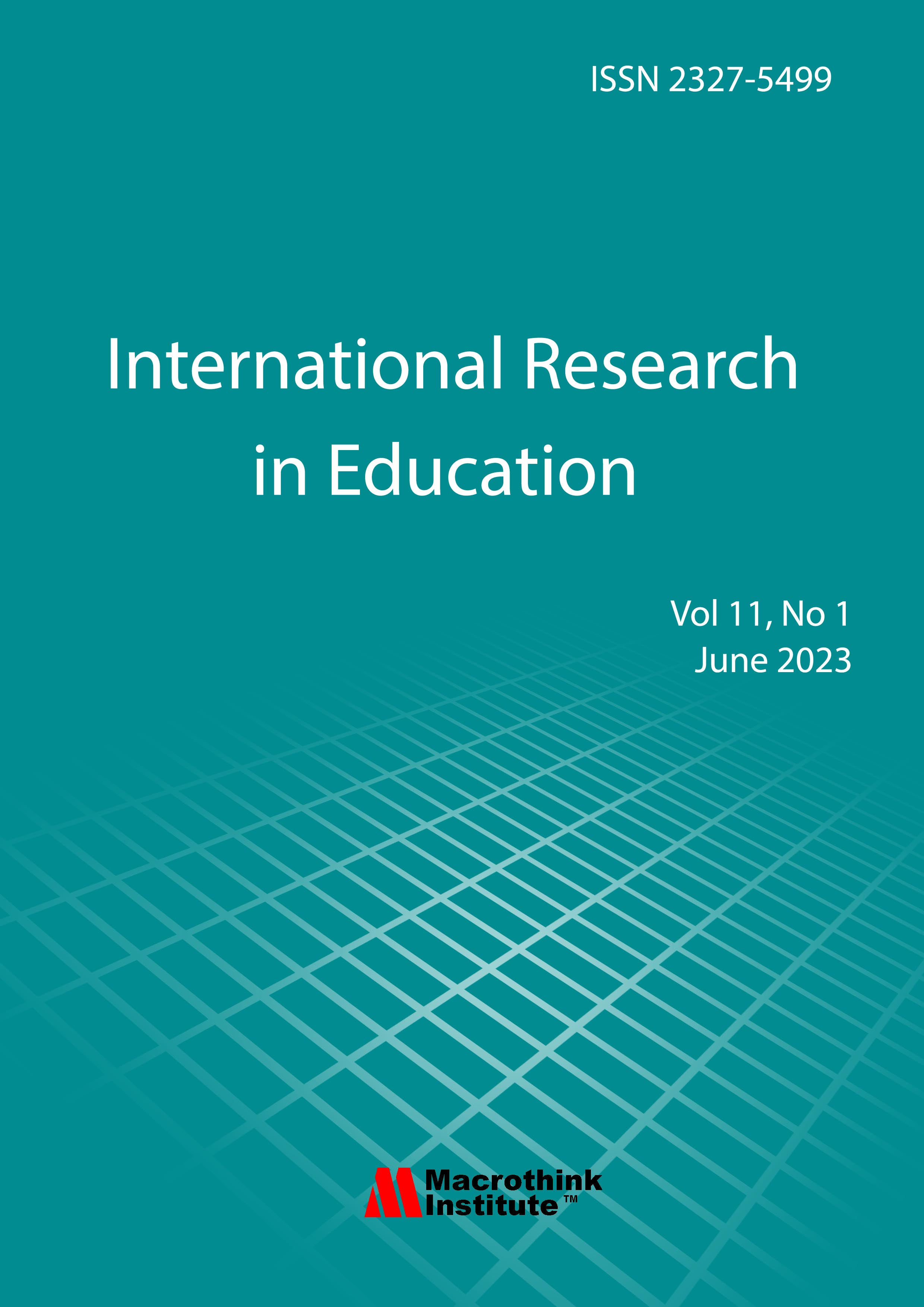The Impact of Teacher Feedback on Non-cognitive Aspects of Student's Performance in Higher Education: A Review of Research
DOI:
https://doi.org/10.5296/ire.v12i2.22001Keywords:
teacher feedback, higher education, non-cognitive skills, student’s performanceAbstract
Teacher feedback in higher education is an essential aspect of the teaching and learning process, as it presents the learner with objective judgments about his performance, helping his educational progress and improving his academic performance. This paper is a systematic review based on the PRISMA 2020 methodology, which identified 41 studies in higher education from 2013 to 2023 documenting the effect of teacher feedback on non-cognitive domains of learner performance. From the results of the research, it was found that the provision of any form of feedback by the teachers helped the learners to develop and strengthen non-cognitive skills, such as motivation, self-regulation, cooperation, self-reflection, self-esteem, self-confidence, self-efficacy, criticism thinking, reducing stress, co-constructing knowledge, regulating their emotions, metacognitive awareness. The trainees positively provided feedback from the teachers, perceiving its benefits in developing their social-emotional skills.




